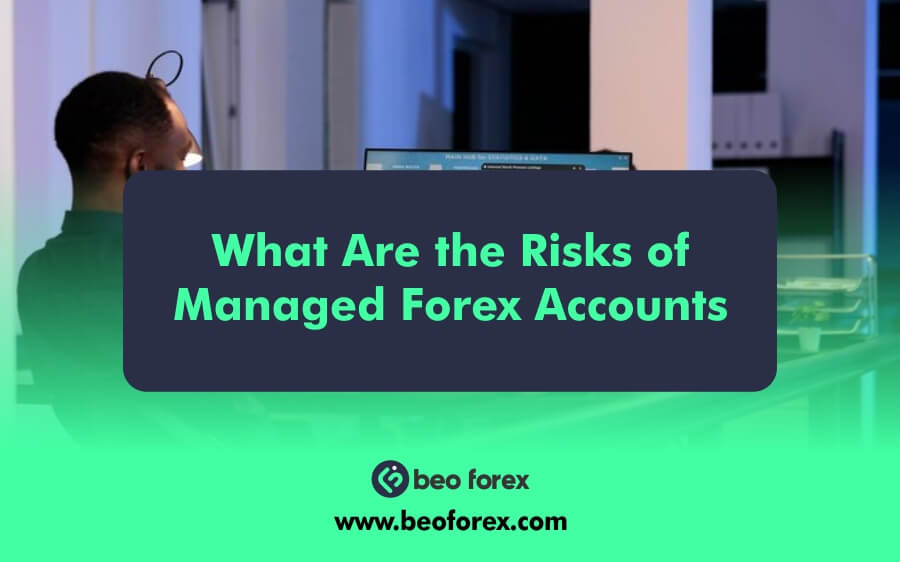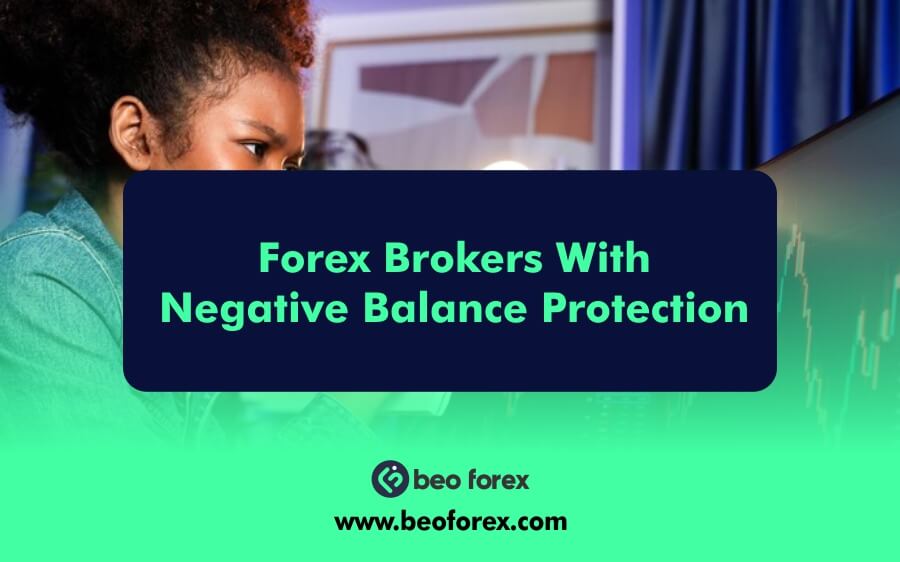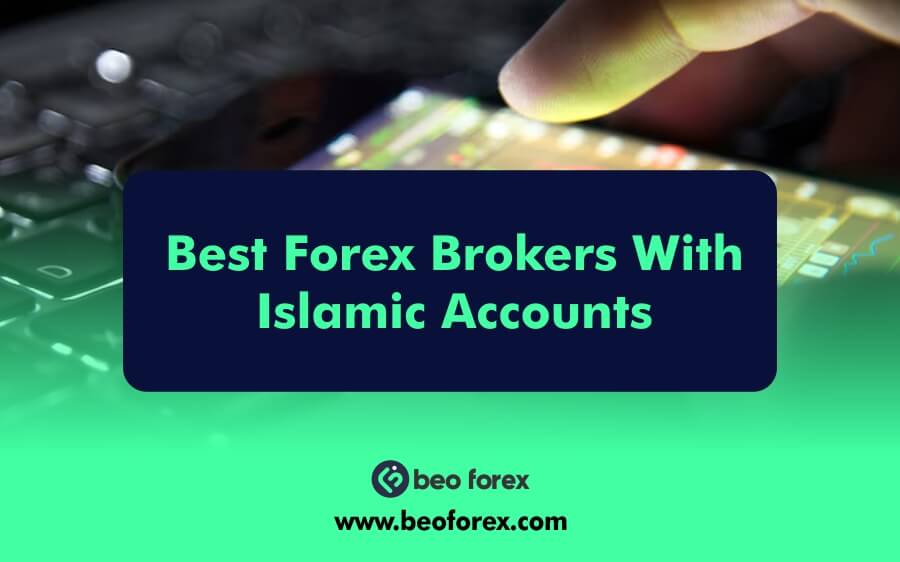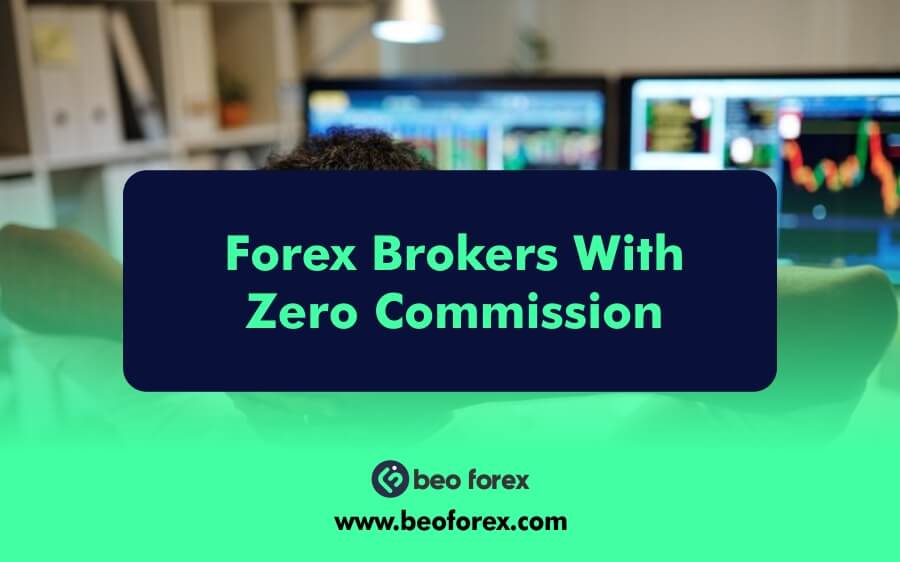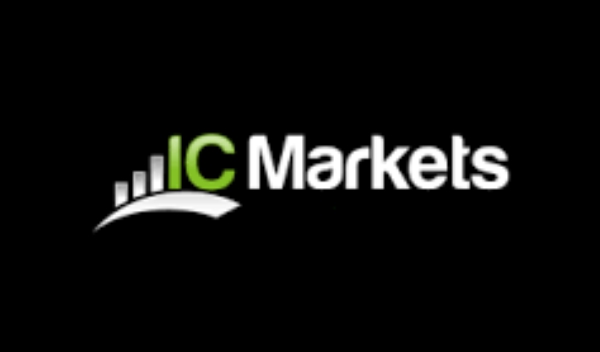The risks of managed forex accounts are pitfalls that could have a detrimental impact. Investors who want to participate in the forex market also known as the foreign exchange market and benefit from the experience of seasoned traders are increasingly turning to managed forex accounts. Managed forex accounts have risks associated with them alongside benefits, like professional management and possible profit maximization. It is imperative that all individuals contemplating managed forex accounts, regardless of level of experience, understand the risks of managed forex accounts. We will examine the risks of managed forex accounts in this article, along with their consequences and ways to reduce the risks of managed forex accounts.
An Overview of Managed Forex Accounts
Managed forex accounts are investment vehicles in which your forex trades are handled by qualified traders. These accounts can be constructed in numerous ways, including PAMM (Percentage Allocation Management Module), MAM (Multi-Account Manager), and LAMM (Lot Allocation Management Module). A professional manager pools the funds of investors with the goal of managing risks and generating profits through trading.
What Are the Risks of Managed Forex Accounts
Although the idea of gaining from professional management is alluring, it’s important to be aware of the possible pitfalls.
1. Market Risk
Market risk, sometimes referred to as systemic risk, is the possibility of suffering losses as a result of changes in market prices. This can happen in forex trading due to shifts in market mood, geopolitical developments, or economic events.
Consequences:
Managed forex accounts are not immune to the notoriously volatile nature of the forex market. Unexpected changes in the market can cause even experienced traders to suffer large losses. The profitability of managed accounts may be impacted, for instance, by abrupt changes in currency values brought on by a geopolitical crisis or an unexpected economic report.
Strategies for Mitigation
Selecting an experienced account manager with a solid track record is essential to reducing market risk. Make sure the manager uses risk management strategies, such as putting stop-loss orders in place and spreading out trades over several currency pairings. Furthermore, stay up to date on world economic developments that may have an impact on the market.
2. Manager Risk
One of the risks of managed forex accounts is manager risk. The term “manager risk” describes the danger connected to the account manager’s skill and judgment. Your managed forex account’s performance is mostly influenced by the manager’s trading tactics and level of experience.
Consequences
Significant losses may result from the account manager’s bad trading choices or inability to adjust to shifting market conditions. In an effort to increase returns, managers run the danger of being overconfident or taking unwarranted risks, which can exacerbate losses.
Strategies for Mitigation
When choosing a manager, make sure you do extensive research to reduce manager risk. Examine their risk management procedures, trade records, and performance indicators. Seek for openness in their decision-making procedure and timely updates regarding the status of your account. Building a strong relationship with your management can also aid in comprehending their approach and level of risk tolerance.
3. Risk Related to Operations
The possibility of losses due to malfunctions in the systems, procedures, or personnel in charge of handling your account falls under the category of operational risk. This can involve problems like fraud, insufficient internal controls, or technology malfunctions.
Consequences
Operational errors might affect the performance of your account by causing unlawful transactions, improper account management, or delays in order execution. For example, a technical issue that arises during a big event in the market could lead to unintentional trades or missed trading chances.
Strategies for Mitigation
Examine a firm’s operational procedures before choosing a managed forex account provider. Make sure they have reliable procedures in place to conduct transactions, control risk, and offer customer service. Selecting a firm that is subject to regulation by a respectable body offers an additional degree of security and monitoring.
4. Insufficient Management
Investing in a managed forex account is essentially giving the account manager complete authority over your trading decisions. Although this is frequently the allure of these services, there are hazards involved.
Consequences
You can disagree with the manager’s trading tactics or choices because of the lack of control. The kind of transactions they are making or the amount of risk they are taking may make you uneasy. Dissatisfaction may result from this distance, particularly if the account does not operate as planned.
Strategies for Mitigation
Select an account management provider that provides a clear grasp of your investing goals and risk tolerance in order to retain some control. Maintain regular contact with your management to learn about their tactics and offer suggestions when you can. Additionally, some firms let investors customize their accounts with maximum drawdown limitations and other restrictions.
5. Risk of Fee Structure
Spreads, performance fees, and management fees are just a few of the expenses that are frequently associated with managed forex accounts. These charges may have a big impact on your total profit margin.
Consequences
High fees might eat into your profits, especially if the account does not perform properly. You may end up paying for subpar outcomes when managers impose performance fees even in cases where the overall account performance is subpar.
Strategies for Mitigation
Examine the fee schedule in full before committing to a managed account. Examine several services side by side and understand how fees are determined. Examine fee declarations for transparency and think about how fees can affect your prospective returns. In addition, depending on your investment goals and size, it might be worthwhile to haggle about costs with the manager.
6. Regulatory Risk:
Regulatory risk is the possibility of suffering losses as a result of modifications to laws and rules that impact the foreign exchange market or account management.
Consequences
Depending on the jurisdiction, forex trading is governed by different regulations. Modifications to these rules may affect the fees, reporting obligations, and leverage limitations that apply to your managed account. Investing in an uncontrolled company also puts you at risk for fraud and other issues.
Strategies for Mitigation
Make sure that the firm offering the managed forex account service is governed by a respectable body, such as the Commodities Futures Trading Commission (CFTC) in the US or the Financial Conduct Authority (FCA) in the UK. A certain degree of protection and accountability for the services rendered are provided by this rule.
7. Risk to One’s Mind
The emotional and psychological difficulties investors encounter when handling losses or subpar performance in their managed accounts are referred to as psychological risk.
Consequences
Investing in a managed account may leave you feeling frustrated, anxious, or powerless especially if the account isn’t doing well. Reactions that are too emotional can lead to snap decisions, such as taking out money at the wrong hour or questioning the manager’s tactics.
Strategies for Mitigation
In order to reduce psychological risk, establish reasonable expectations regarding possible gains and losses. Keep lines of communication open with your account manager and make an effort to understand the thinking behind their trading choices. To prevent letting short-term swings affect you, think about taking a long-term view.
Summary
With managed forex accounts, investors may trade the forex market and take advantage of professional knowledge. However, these accounts come with a multitude of hazards, including market risk, management risk, operational risk, lack of control, fee structure risk, regulatory risk, and psychological risk.
Making wise judgments and reducing these risks requires careful study, selecting a trustworthy account manager, and keeping lines of communication open. You can use managed forex accounts’ benefits and increase your chances of reaching your investing objectives by being aware of and taking steps to mitigate these dangers. Effective risk management, well-informed decision-making, and a dedication to lifelong learning in the fast-paced world of forex trading are ultimately the keys to success with managed forex accounts.
Frequently Asked Questions
1. What is a forex managed account
- A forex managed account is an investment account in which a professional trader or firm oversees the trading activity on behalf of the investor. Capital is provided by the investor, and trading choices are made by the manager.
2. How are earnings distributed?
- Usually, a performance fee based on the profits made is used to split the profits between the manager and the investor. In addition, management fees could apply, which are assessed irrespective of output.
3. What are the risks of managed forex accounts.
- Risks include overleveraging, market instability, scam potential, and lack of control. The foreign exchange market is prone to volatility, and historical performance does not ensure future outcomes.
4. How do I pick a firm that offers managed forex accounts?
- Seek out trustworthy suppliers with lucid tactics, unambiguous pricing plans, substantiated track records of accomplishment, and favorable regulatory positions. Testimonials and reviews can also offer valuable information.
5. What type of profits might I anticipate?
- Depending on the trading technique and state of the market, returns can differ significantly. Claims of large returns should be avoided since they frequently entail greater dangers.
6. Is my money secure?
- The majority of managed forex accounts don’t provide capital security. It’s crucial to be aware of the hazards and to only make investments you can afford to lose.

